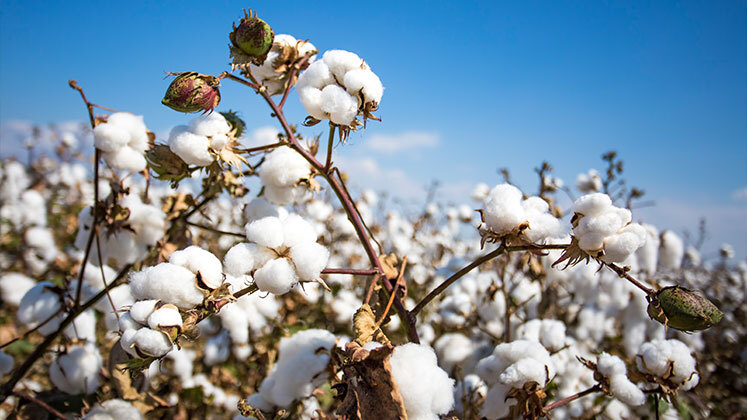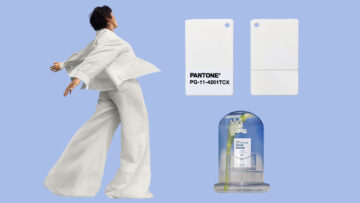Non-profit organisation Better Cotton has announced that more than half of all cotton volumes supplied through the Better Cotton Initiative (BCI) are now traceable within global fashion and textile supply chains.
The organisation said that cotton meeting its traceability standards is currently sourced from 15 producing countries, reflecting the rapid expansion of its traceability framework since its launch two years ago.
Introduced in November 2023, the BCI Traceability programme has attracted over 60 retailers and brands that have registered to source traceable Physical BCI Cotton. To date, 17 members have already received products containing this cotton, while nearly a quarter of all BCI retailer and brand members have either procured or committed to sourcing it.
Jacky Broomhead, Director of Traceability at Better Cotton, said the initiative responded to growing pressure for visibility and accountability across global supply chains. She noted that the increasing complexity of textile production, alongside new regulatory requirements, had made traceability “non-negotiable.” She added that, in order to continue supporting farmers and ensuring market access for certified producers, Better Cotton needed to make its cotton “fully traceable.”
In terms of scale, more than 23,000 metric tonnes (mt) of Physical BCI Cotton have been traced from cotton gins through to retailers and brand members—up sharply from 90 mt recorded in November 2024. According to Better Cotton’s estimates, this volume is enough to produce over 127 million 100% cotton T-shirts.
Better Cotton confirmed that its traceability solution is now operational in all countries where it runs field-level programmes. The organisation continues to work with suppliers and manufacturers to ensure compliance with its Chain of Custody (CoC) Standard, which governs how traceable cotton is handled to maintain integrity throughout the supply chain.
Over the past year, the system has expanded into Australia and Brazil, with the number of suppliers and manufacturers meeting the CoC Standard rising from 700 in 2024 to over 2,000 currently.
The expansion of BCI Traceability coincides with the introduction of a new product label, launched last month, which allows retailers and brands to make verified claims on items containing Physical BCI Cotton. The label certifies that products use cotton independently verified by a third party and traceable to its country of origin, offering reassurance to consumers and enhancing credibility for participating brands.
Better Cotton explained that traceable cotton enters supply chains through three Chain of Custody models: single-country segregation, multi-country segregation, and controlled blending. The segregation models require complete separation of certified cotton from conventional fibre, while controlled blending serves as a transitional approach, allowing limited mixing when demand exceeds supply.
The organisation said this milestone underscores its commitment to building transparent, responsible, and scalable cotton supply chains, while helping brands meet sustainability and compliance expectations worldwide.







